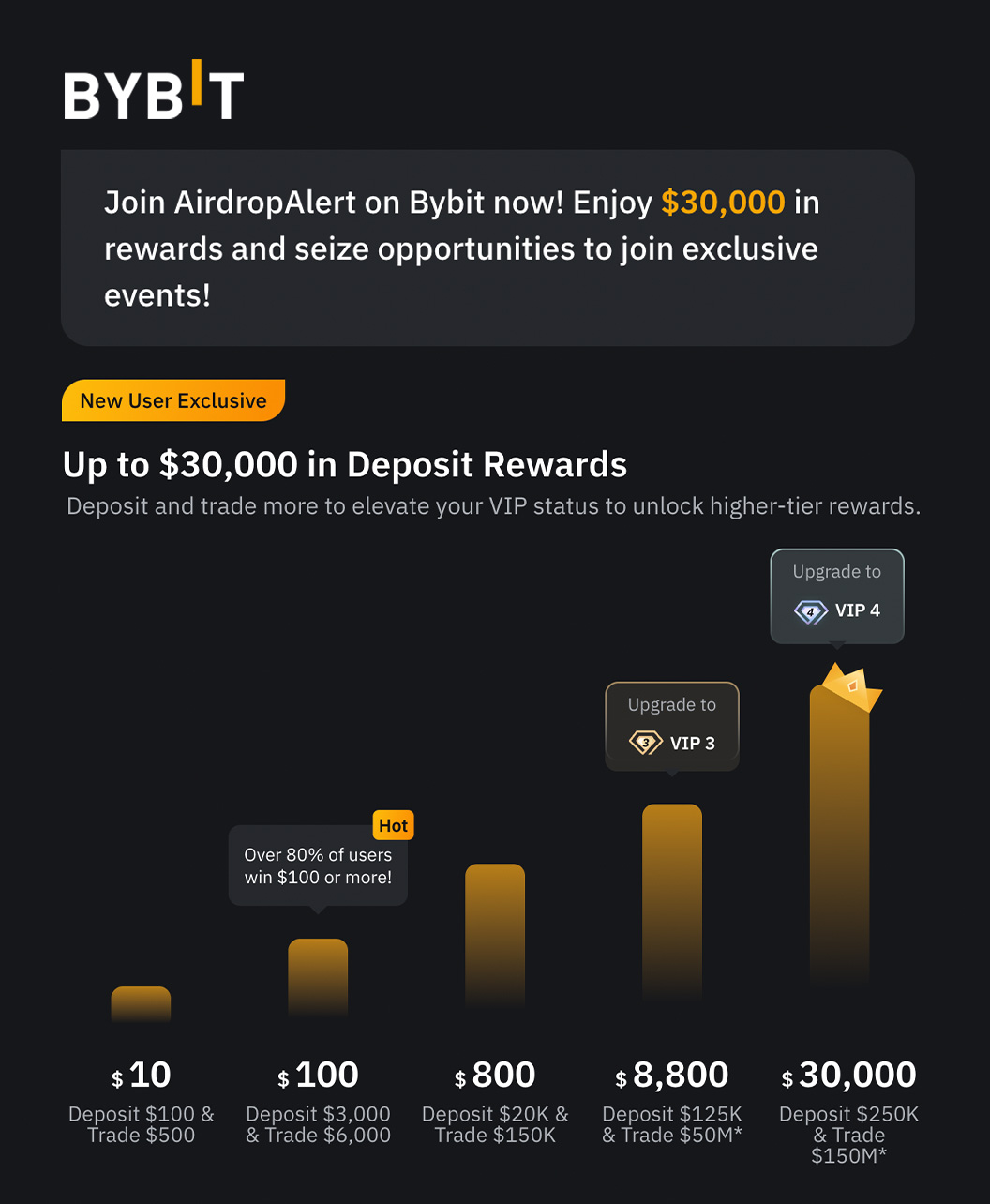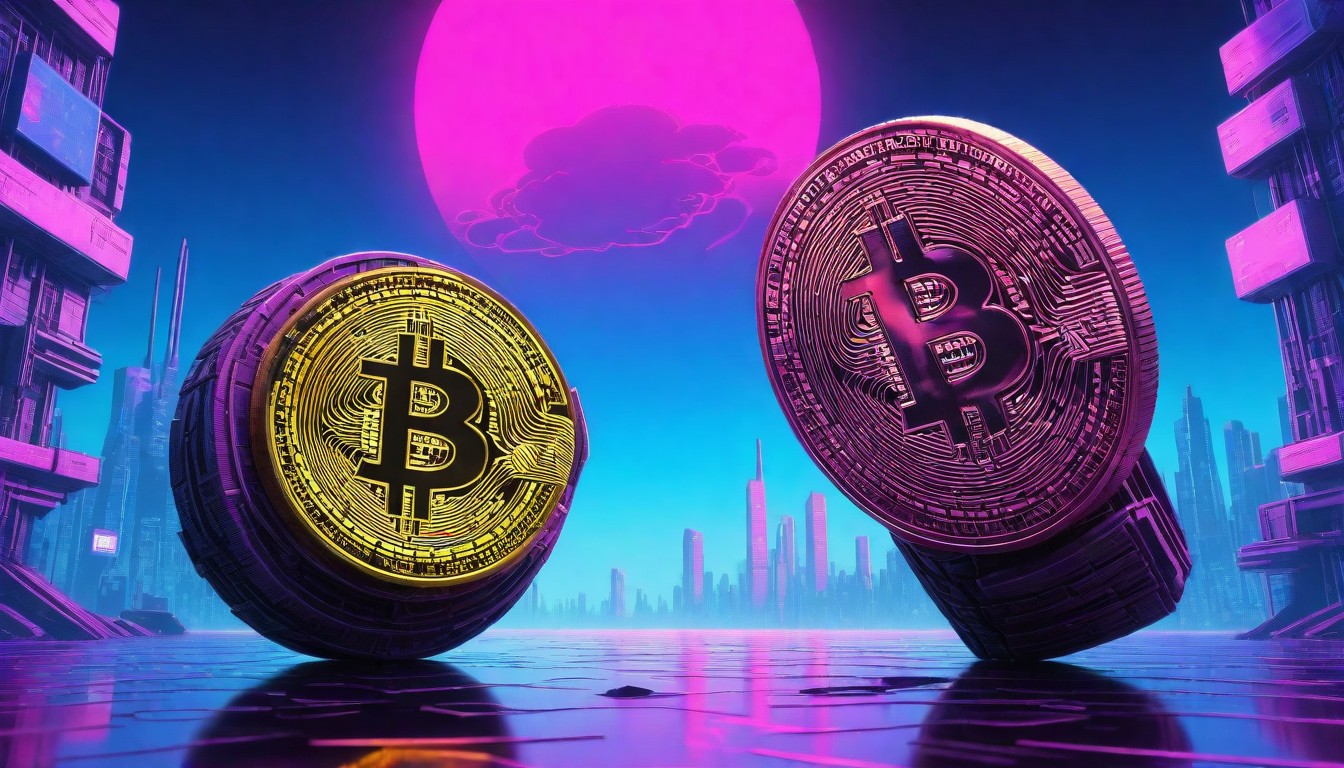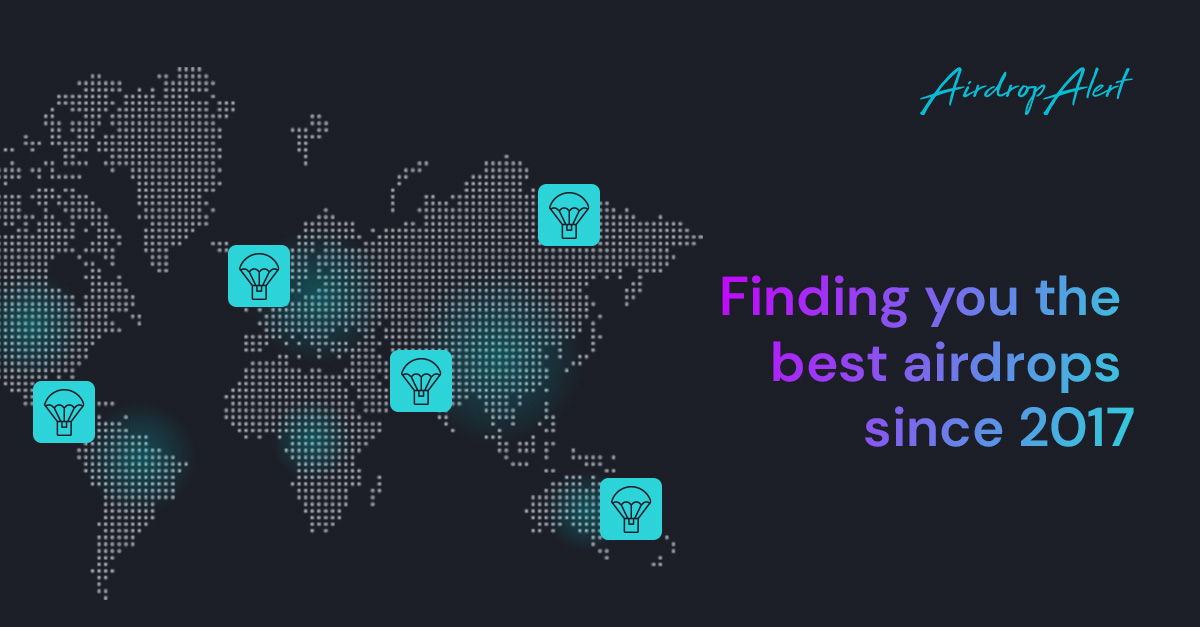Did you know that around 40% of the global population is left without any form of banking? Without access to a bank account, the possibility to invest or lend, and take a loan. However, with the rise of cryptocurrencies and decentralized finance, things have started to change. DeFi, which stands for decentralized finance, is slowly but steadily shifting the current traditional system towards an open and decentralized world, without intermediaries and accessible to anyone, no matter where they are in the world. All you need is a smartphone and access to the Internet.
So, what exactly is decentralized finance? In a nutshell, it’s an ecosystem of financial products that run on top of blockchain networks. DeFi has the power to transform the current, traditional financial system into a trustless, transparent, and secure entity that runs without intermediaries.
How does DeFi actually work?
DeFi has several main functions that expand functionality and reach of money. Some of them include the development of decentralized banking services, the creation of peer-to-peer lending platforms, and enabling smooth work of Dapps.
Speaking of Dapps…
Decentralized finance relies on Dapps. These decentralized protocols can run on networks such as blockchains (for example, Ethereum), Tor networks, and so-called distributed ledger technologies.
Dapps function without surveillance or control of any central authority such as banks, corporations, or agencies, and require a minimum of human intervention. This is possible thanks to the integration of smart contracts.
Smart contracts represent predefined protocols that are triggered upon receiving cryptocurrencies to their address. In business and operative context, this means that smart contracts can automate and streamline various operations and handle a huge variety of tasks.
Compared to traditional banking systems, Dapps have several differences:
- Firstly, DeFi applications should be open source with their code being public. Anyone has the opportunity to audit and validate the security and capabilities of these applications, understand the contract’s functionality or find bugs.
- Secondly, they are transparent with all transactions and activity on the blockchain being public.
- Dapps are also independent. These businesses operate with smart contracts, and with as little human management as possible.
- Finally, Dapps are global. No matter whether you’re in Canada or Cambodia, if you have a Smartphone and internet, you have access to the DeFi services and networks.
Now, let’s take a look at some notable decentralized finance projects.
Notable DeFi projects
There are already some prominent DeFi Dapps on the market. For example, the one that allows the creation of stablecoins, lending out money, taking a loan, or exploring advanced investment strategies.
So, let’s take a look at a couple of prominent projects.
Maker
Maker is a stablecoin project with several products. The stablecoins—DAI— are tied to the US dollar and backed by crypto. DAI enables its users to trade, borrow, and save their tokens through various products of the platform.
Compound
Compound is a blockchain-powered lending and borrowing Dapp, that allows users to lend coins and earn interest on it. In fact, Compound leverages smart contract to automatically match borrowers and lenders. According to its website, Compound “is an algorithmic, autonomous interest rate protocol with power to unlock a universe of open financial applications.” Sounds cool, don’t you think?
Uniswap
Uniswap is a decentralized crypto exchange that runs completely on smart contracts. Contrary to other crypto exchanges on the market that safekeep private keys for their users, Uniswap leverages so-called Automated Market Making and automatically settles all trades near the market price. The team is currently busy building open tools and experimental products that interact with the Uniswap protocol.
Augur
A decentralized prediction market protocol, Augur allows users to vote and predict the outcome of events. This includes anything from sports, economics to world events. According to its website, Augur is “a transparent exchange with no limit on what you can bet on, no max limits on the amount you can bet and no rollover requirements.” Nice!

Final words on DeFi
Decentralized finance continues to play an important role in the evolution of the financial industry. Let’s hope it will set the new standard for the economy and move us forward towards an open, global, and more democratic financial world with service accessible to anyone and anywhere.







